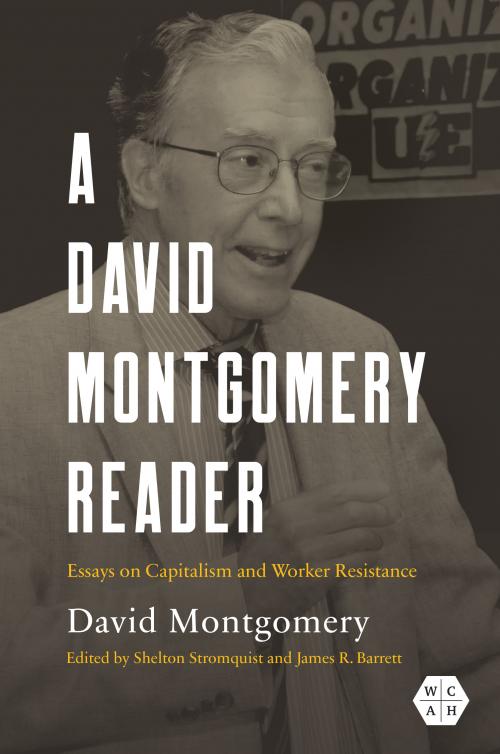An extraordinary new collection of Montgomery’s essays—some previously published, others available here for the first time—offers a chance to see anew the range of his thinking. Edited by James Barrett and Shelton Stromquist (two students of Montgomery’s who are now esteemed labor scholars themselves), A David Montgomery Reader: Essays on Capitalism and Worker Resistance serves as a testament to his commitment to use labor history as a means of grappling with the largest questions in American history. In essay after essay, we can see Montgomery’s desire to look as closely as possible at the material reality of working-class life, while also understanding it within the broad sweep of capitalist development. By placing his work in dialogue with new scholarship on race and transnationalism, the book reveals Montgomery’s lasting impact today, offering us a portrait of the depth, complexity, and vitality of labor history as a field and the political visions that it continues to inspire.
David Montgomery’s own life story revealed a complex relationship to work. History, for him, was a second career. Long before he became a professor, he was a political organizer and a factory worker, and this experience had an indelible impact on his scholarly vision.
Born in 1927, Montgomery grew up in a middle-class family in the Philadelphia suburbs and became interested in politics (mostly Socialist Party politics) while in high school in the early 1940s. He enrolled at Swarthmore College, but his undergraduate education was interrupted by military service at the end of World War II, when America’s attention shifted to the Soviet Union. Drafted in 1946, Montgomery served in Los Alamos, where he was assigned to the radio station at the Army base. There, he witnessed the growing fears of the scientists working at Los Alamos, who worried about the atomic weaponry they were developing, especially after Louis Slotin, a 35-year-old nuclear physicist, died from radiation poisoning following a lab accident. Horrified and in some cases even radicalized by what they had created, the scientists at Los Alamos represented to Montgomery an example of a much older tradition of artisan radicalism: the craftsman who becomes unable to ignore the politics of his trade.
After his military service ended, Montgomery returned to Swarthmore—but, like so many of his generation, he came back entirely transformed by the experience: Once on campus, he joined a group of politically engaged veterans and worked with the left-leaning American Veterans Committee. “A sense of rebuilding everything from the bottom up was very strong in a lot of World War II vets,” he recalled in an interview with James Barrett. “It politicized them and made them very serious about their studies. They weren’t just interested in a career.”
